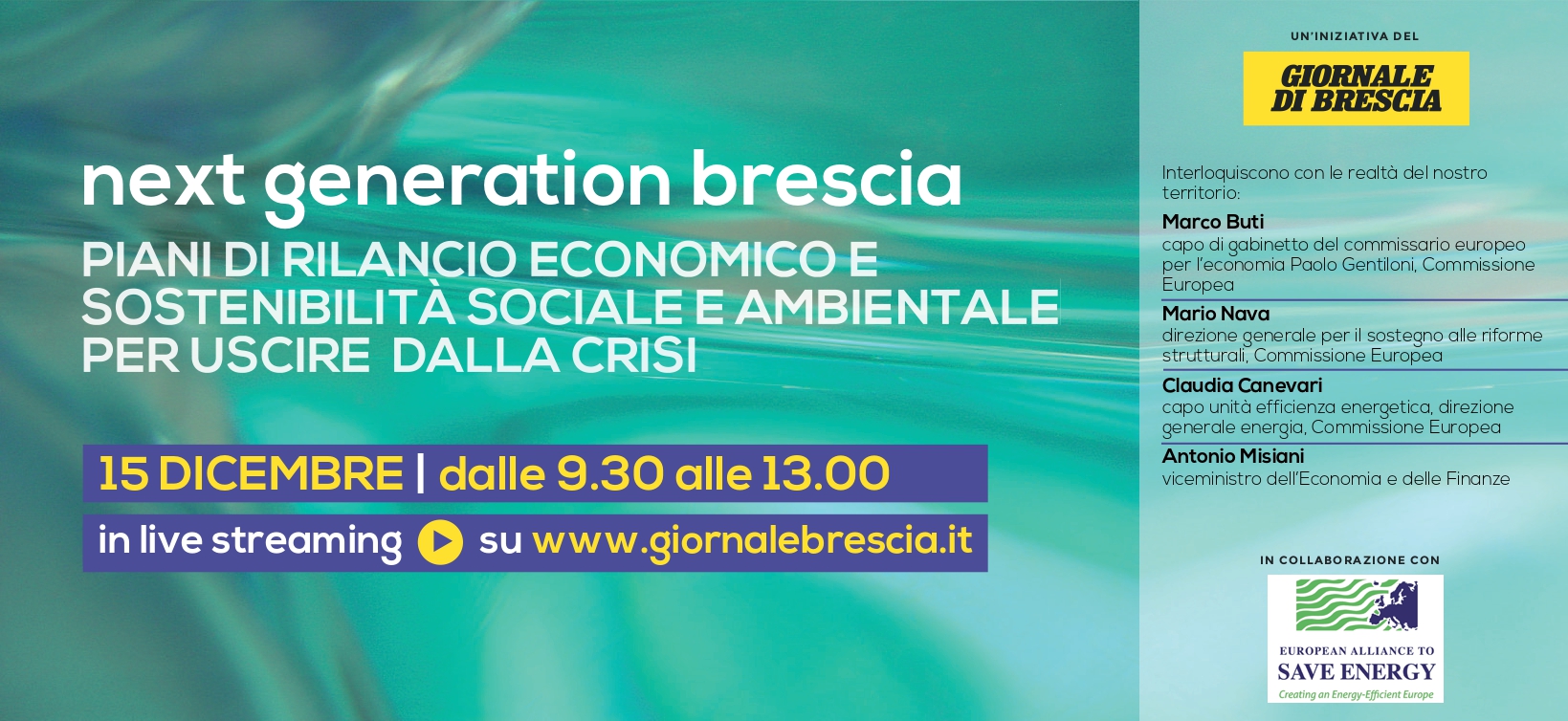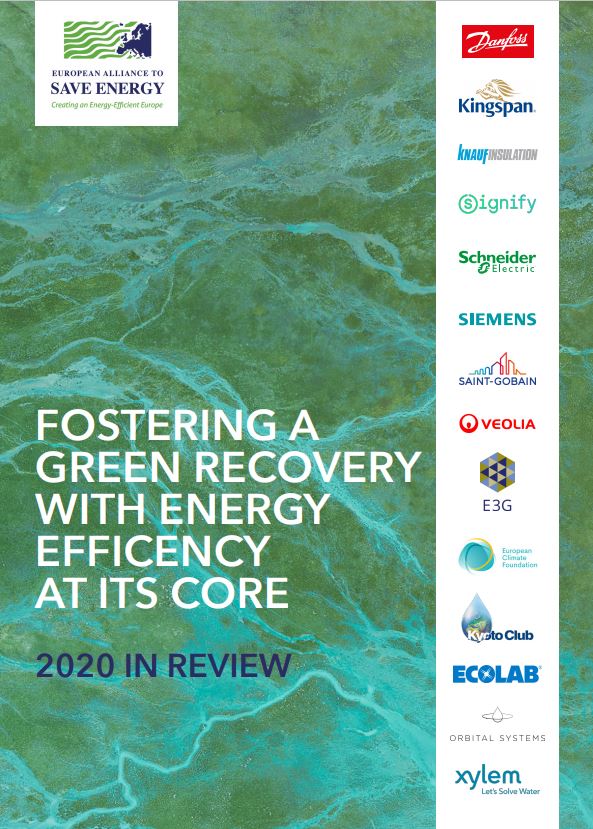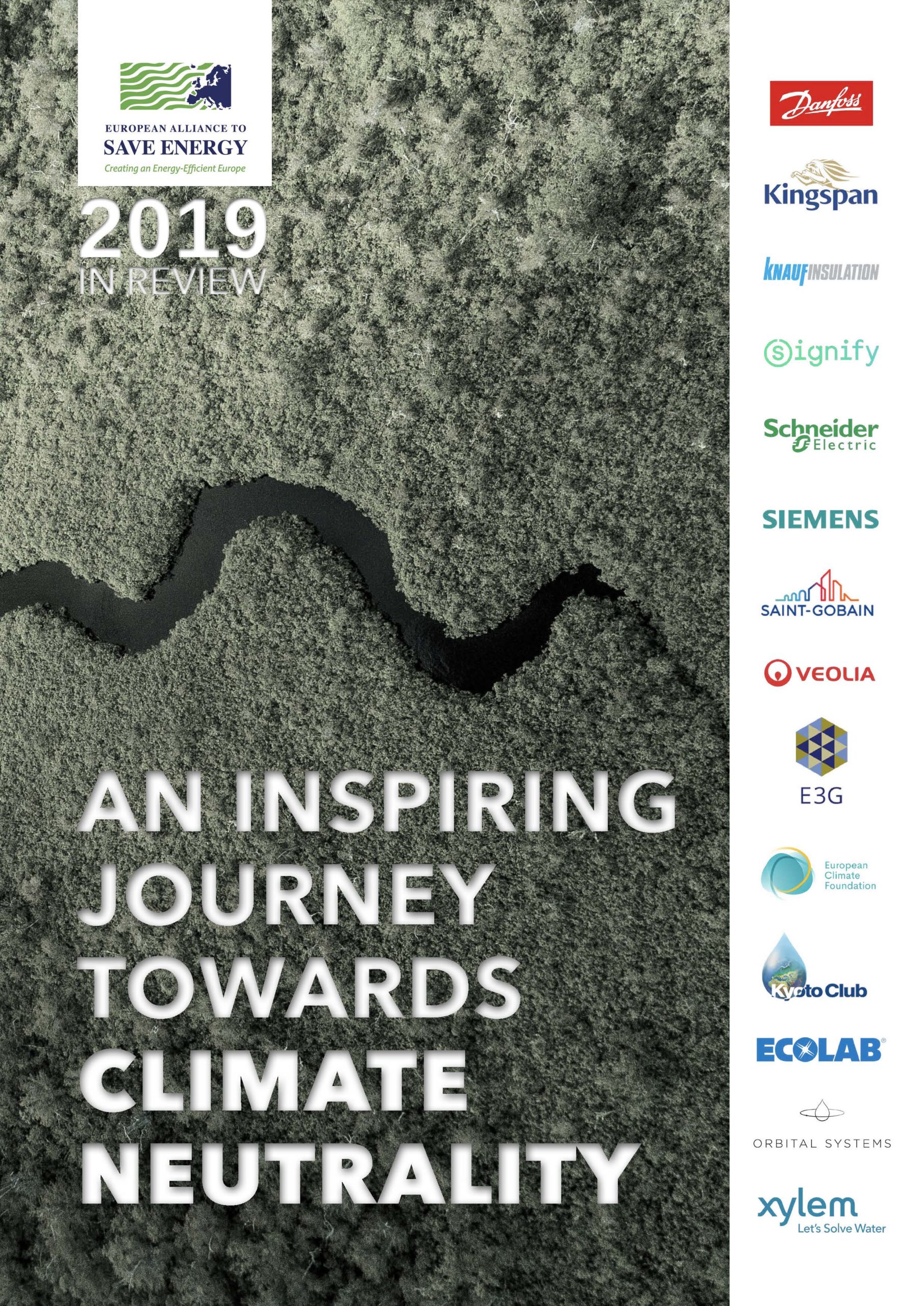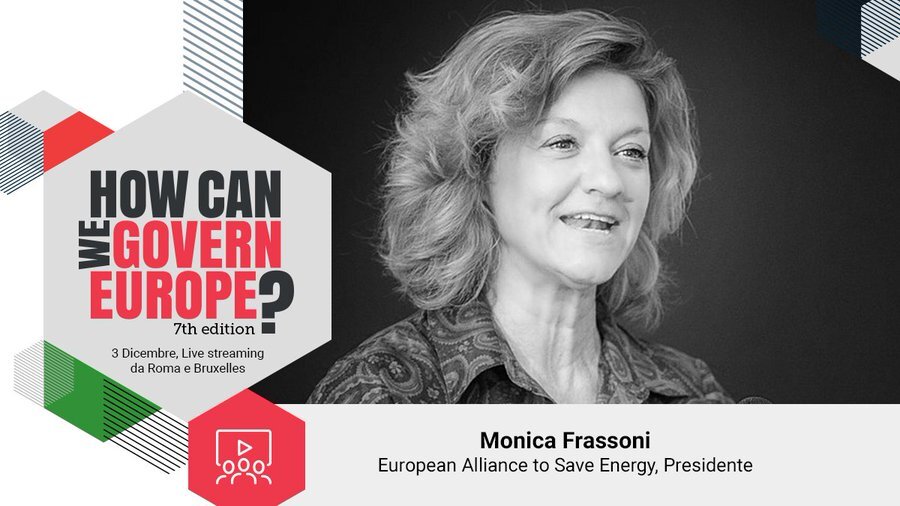EU-ASE at Next Generation Brescia (Italy)

On 15 December 2020 EU-ASE co-hosted Next Generation Brescia, an online event to discuss the opportunity to boost green economic recovery at local level in the framework of Next Generation EU and the Italian Recovery and Resilience Plan.
EU-ASE president Monica Frassoni moderated the first part of the event, which focused on European and national guidelines for the Italian recovery and resilience plan. The session featured high-level speakers from the European Commission and the Italian government, including Antonio Misiani, Vice-Minister of Economy and Finance, and Marco Buti, Head of cabinet of EU Commissioner for the Economy Paolo Gentiloni.
The recording of the webinar is available here (in Italian)
Read the article about the event (in Italian)




